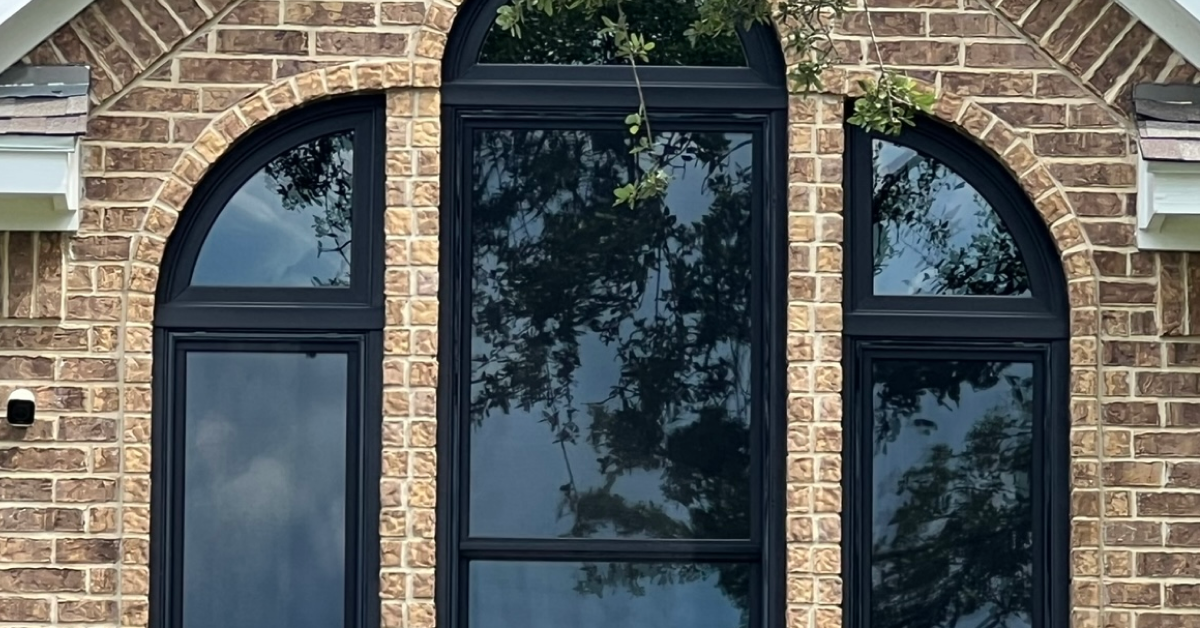When considering window replacement, one of the most important decisions homeowners face is choosing between double-pane and triple-pane windows. This choice affects not only your home's energy efficiency but also your comfort, noise reduction, and long-term investment value. Understanding the differences between these options can help you make an informed decision that aligns with your specific needs and priorities.
Understanding Window Pane Options
Modern windows have evolved significantly from the single-pane windows common in older homes. Today's energy-efficient windows typically feature either two or three panes of glass with insulating space between them, creating a thermal barrier that helps maintain comfortable indoor temperatures.
Double-Pane Windows: The Popular Standard
Double-pane windows consist of two glass panes separated by an insulating space typically filled with air or an inert gas like argon. This design significantly improves insulation compared to single-pane windows, offering:
- Improved energy efficiency over single-pane options
- Reasonable upfront cost that fits within many renovation budgets
- Effective insulation for moderate climate zones
- Reduced condensation compared to single-pane windows
Triple-Pane Windows: Enhanced Performance
Triple-pane windows add a third layer of glass with additional insulating space, providing:
- Superior thermal performance with higher insulation values
- Enhanced noise reduction for quieter indoor environments
- Increased comfort with more consistent temperatures throughout your home
- Greater condensation resistance even in extreme weather conditions
Key Factors to Consider When Choosing
Climate Considerations
Your local climate plays a significant role in determining which window type offers the best value:
- Moderate climates: Double-pane windows often provide sufficient insulation for regions with mild winters and summers.
- Extreme climates: Homes in areas with very cold winters or hot summers may benefit more from the superior insulation of triple-pane windows.
Energy Efficiency and Cost Savings
While triple-pane windows offer better energy efficiency, the cost-benefit analysis varies:
- Triple-pane windows typically cost 10-15% more than comparable double-pane options
- Energy savings from triple-pane windows are most significant in regions with extreme temperatures
- The payback period for triple-pane windows through energy savings can range from 10-20 years, depending on several factors
Noise Reduction Benefits
For homes in noisy environments, the additional insulation of triple-pane windows provides tangible benefits:
- Triple-pane windows can reduce outside noise by up to 20% more than double-pane options
- This makes them ideal for homes near highways, airports, or in urban settings
Window Frame Considerations
When upgrading to heavier glass, such as a triple-pane option, the strength of the window frame becomes a critical factor. A durable frame material is essential for providing the stability needed to support the additional weight without requiring a thicker, more cumbersome design.
For instance, Fibrex®, which is twice as strong as vinyl, can support the weight of heavier glass with a narrower frame. This maximizes the glass area for a better view and ensures the window operates as easily as the day it was installed. In contrast, less rigid materials often need wider, bulkier frames to provide the necessary stability for heavier panes. This added bulk not only reduces the visible glass area but can also increase the risk of the frame bowing or warping over time, which may lead to operational issues. This structural integrity is a key aspect of a window’s long-term performance and durability.
In addition to strength, several other factors related to the frame material impact a window's value and efficiency.
The performance of any window—whether double or triple-pane—is significantly affected by the frame material:
- High-performance frame materials like Fibrex® composite material offer superior insulation compared to aluminum or vinyl
- The right frame material can enhance the overall energy efficiency of both double and triple-pane windows
- Quality frames prevent thermal transfer around the glass, maximizing the effectiveness of either window type
Long-Term Investment Value
When considering the long-term value:
- Triple-pane windows typically last 20-30 years with proper maintenance depending on window material types
- The additional upfront cost may be justified for homeowners planning to stay in their home long-term
- Enhanced comfort and potential energy savings contribute to the overall value proposition
Making the Right Choice for Your Home
The decision between double and triple-pane windows should be based on your specific circumstances:
Double-pane windows may be the better choice if:
- You have budget constraints for your window replacement project
- You live in a moderate climate without extreme temperature variations
- Noise reduction is not a primary concern
- You're planning to sell your home in the near future
Triple-pane windows may be worth the investment if:
- You live in an area with extreme temperatures
- Energy efficiency is a top priority for your home
- You're bothered by outside noise
- You plan to stay in your home for many years
- You value maximum comfort and consistent indoor temperatures
Professional Consultation: The Key to an Informed Decision
Given the complexity of factors involved, an in-home consultation with a window professional can provide valuable insights tailored to your specific home and needs. A qualified consultant can:
- Assess your home's specific requirements
- Consider your local climate conditions
- Evaluate your existing windows' performance
- Recommend the most appropriate glass and frame options
- Provide a detailed cost-benefit analysis
Conclusion
Both double and triple-pane windows offer significant improvements over older single-pane windows. Your choice should be based on your climate, budget, comfort needs, and how long you plan to stay in your home. By carefully weighing these factors and consulting with window replacement experts, you can make a decision that enhances your home's comfort, efficiency, and value for years to come.
Remember that quality installation is just as important as the windows themselves—properly installed windows of either type will perform better and last longer than poorly installed alternatives. Investing in professional installation ensures you'll get the full benefit of whichever window type you choose.

